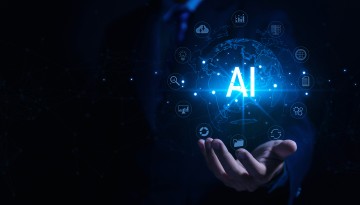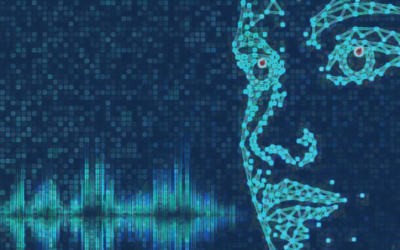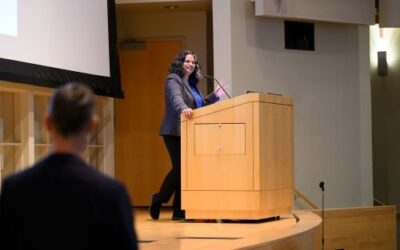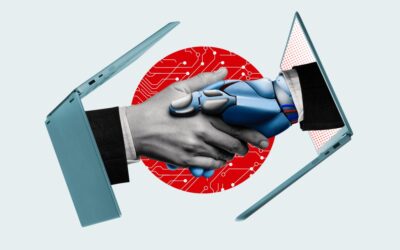Cornell AI News
Want your news listed here? Email us.
Filter by Topic
AI speech-to-text can hallucinate violent language
Speak a little too haltingly and with long pauses, and OpenAI’s speech-to-text transcriber might put harmful, violent words in your mouth, Cornell researchers have discovered.
Female AI ‘teammate’ engenders more participation from women
A new study suggests that the gender of an AI’s voice can positively tweak the dynamics of gender-imbalanced teams and could help inform the design of bots used for human-AI teamwork.
Successful Artificial Intelligence Event Inspires Large Audience on May 29
The Emerging Tech Dialogues event on May 29, 2024 — the first in a new series — drew more than 750 registrations from Cornell, Weill Cornell Medicine, and Cornell Tech faculty, staff, students, and researchers — all interested in exploring Artificial Intelligence in Higher Education, the symposium’s theme.
Twin Bowers CIS Entrepreneurs Bring AI to Academica
Twins Alsa Khan and Muhammad Jee explain how their AI platform, Mr. EzPz, could help to make artificial intelligence more reliable for students as well as educators.
Cornell Keynotes podcast: Current trends in generative AI tech
Karan Girotra, a professor at the Cornell SC Johnson College of Business and Cornell Tech, explains the current capabilities of AI and shares newsworthy updates about the technology on the Cornell Keynotes podcast.
Quantum AI framework targets energy intensive data centers
A new quantum computing-based optimization framework developed at Cornell could reduce energy consumption in large data centers handling artificial intelligence (AI) workloads by as much as 12.5% and reduce their carbon emissions by as much as 9.8%.
Through research and education, Bowers CIS is shaping fairer, ethical AI
In its world-class research and teaching, Cornell Bowers CIS is uniquely positioned to guide tomorrow’s innovators as they dive into issues of ethics, fairness and privacy, while weighing the policy implications of technological advances.
NYT: A.I. Program Aims to Break Barriers for Female Students
A new program, backed by Cornell Tech, M.I.T. and U.C.L.A., helps prepare lower-income, Latina and Black female computing majors for artificial intelligence careers.








